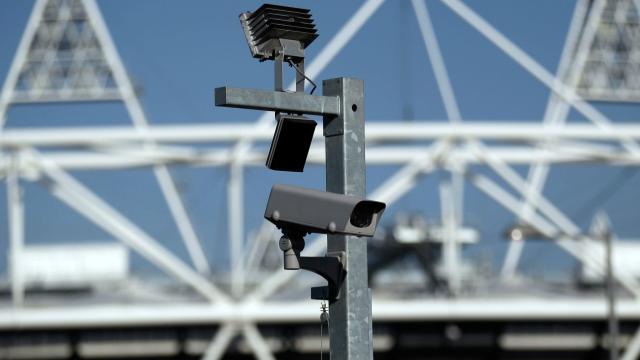The ACLU and its Massachusetts chapter are suing the U.S. government for more information about how it uses facial recognition with regard to surveillance.
The complaint, which was filed yesterday, notes the ACLU filed a Freedom of Information Act (FOIA) request this past January to the Department of Justice, Federal Bureau of Investigation, and the Drug Enforcement Administration. That FOIA request sought information regarding policies, contracts, and records pertaining to various agencies’ use of surveillance technology involving facial recognition or other forms of biometric identification. So far, the DOJ has not responded to the ACLU’s FOIA request, while the FBI and DEA both acknowledged they’d received it. No agency has provided the requested documentation thus far.
Federal agencies using facial recognition and biometric tracking for surveillance isn’t new. That said, it is facial recognition body cameras.
The ACLU’s complaint also comes at a time when many U.S. cities are rethinking whether facial and biometric surveillance should be used at all. In May, San Francisco became the first city in the country to ban facial recognition surveillance. Since then, Oakland, Berkeley, and Somerville, Massachusetts, have followed suit. Fight for the Future, a digital rights organisation, also recently led a coalition of 30 influential groups calling for a federal ban on facial recognition, calling it “unreliable, biased, and a threat to basic rights and safety.”
What is the ACLU trying to gain from all this? Well, the requested documents would make public the extent of how facial surveillance tech is currently being used by powerful government agencies”and, perhaps, any potential areas of misuse. In June, the ACLU’s Massachusetts chapter pushed for a “Press Pause on Face Surveillance” campaign that aimed to pass a statewide moratorium on the government using such technology. Similarly, the requested documents could then be used to push for legislation that would at least put in place checks and balances”though there’s a pretty good case for just banning it forever.
